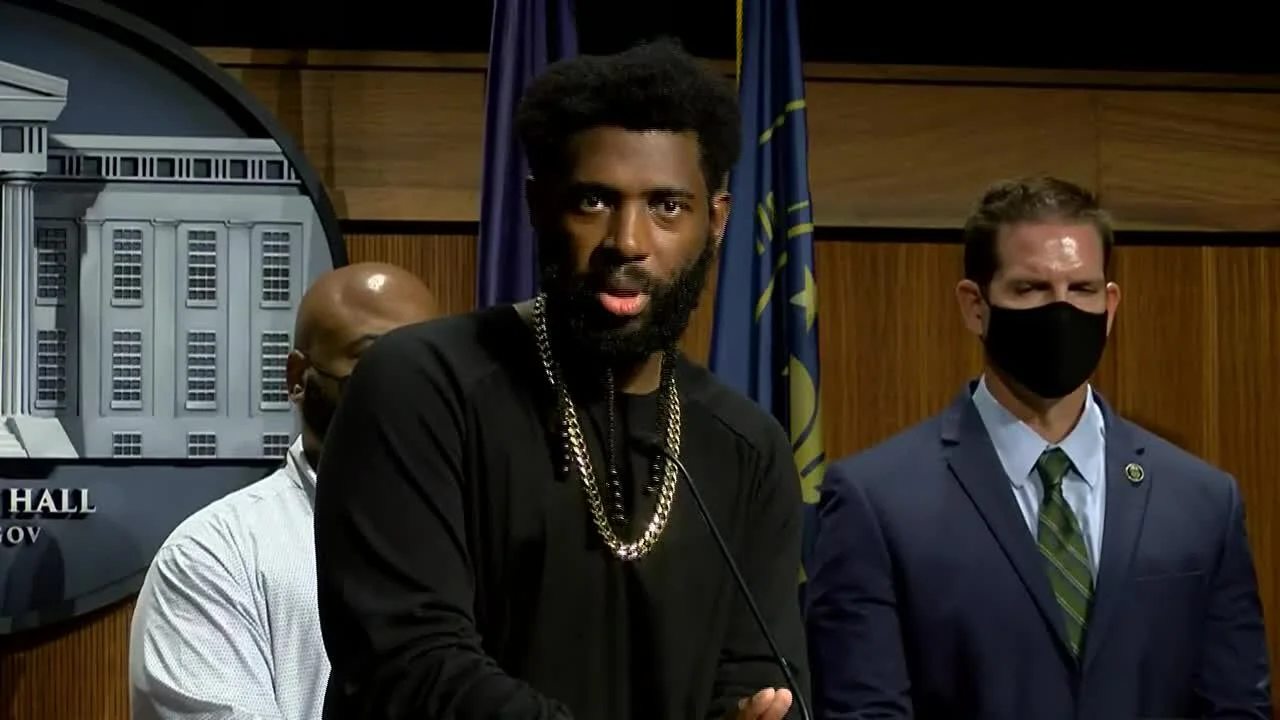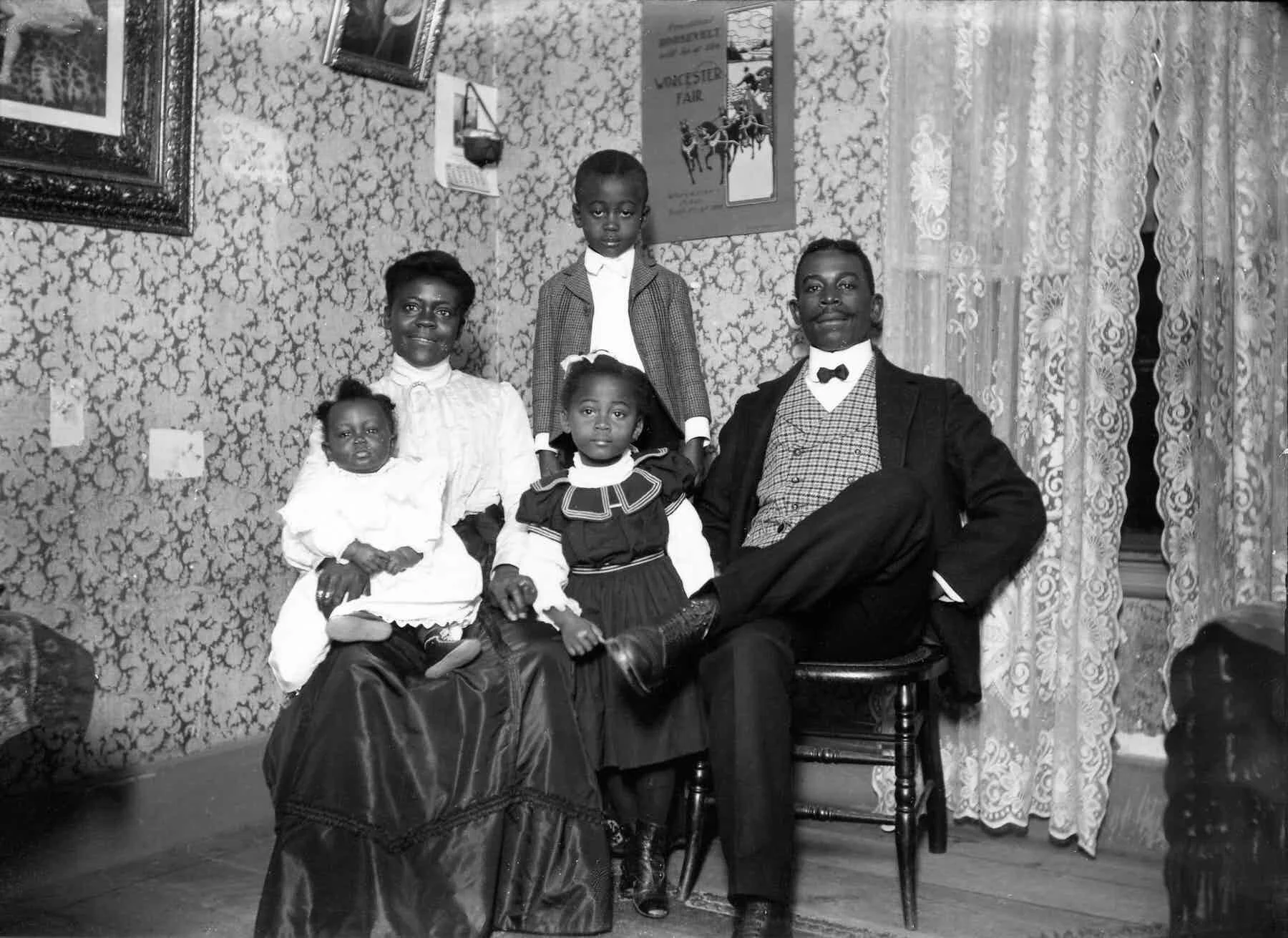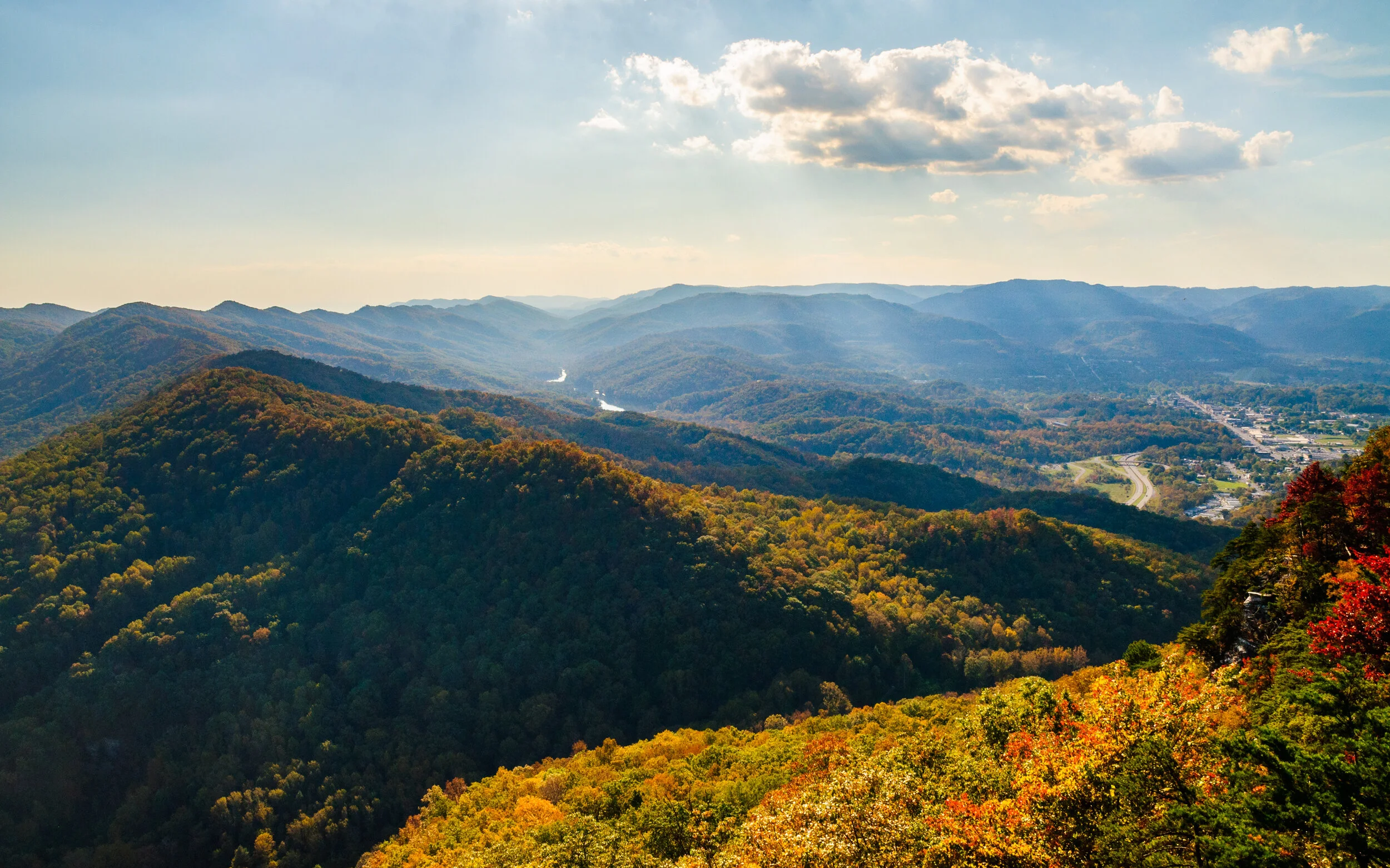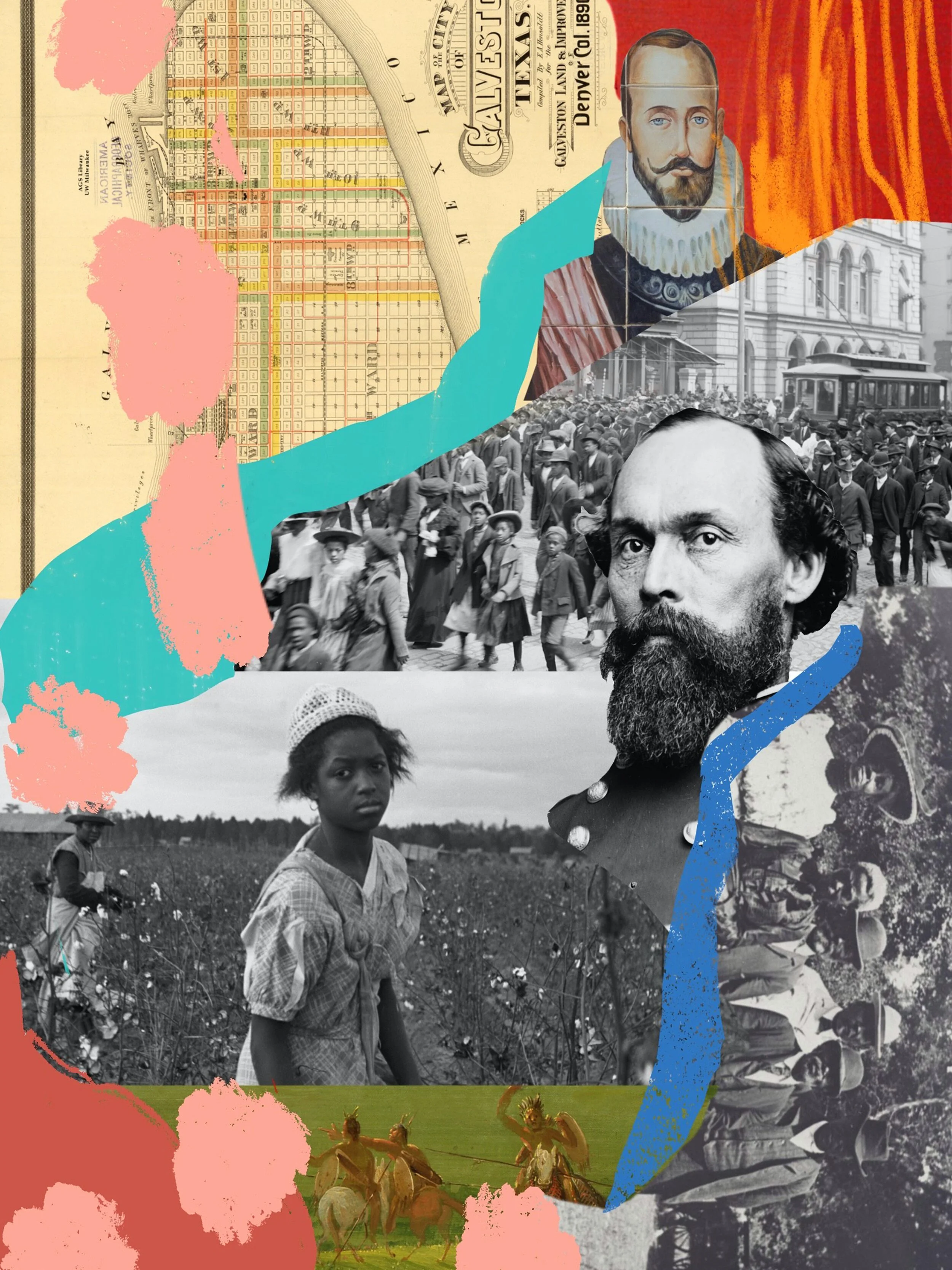LOUISVILLE, Ky. (WAVE) - Metro Councilman Jecorey Arthur was one of a handful of local leaders who spoke at an hourlong news conference Wednesday, addressing the latest instance of gun violence that claimed the life of a teen waiting for his school bus. A 16-year-old boy died at a local hospital after he was shot at his bus stop in the Russell neighborhood at about 6:30 a.m. His family members said his name was Tyree Smith.
Read MoreIn majority-Black communities, the prevalence of convenience stores means limited access to fresh, healthy food options. One out of every five Black households is situated in a food desert, with few grocery stores, restaurants, and farmers markets.
When those malicious images first started to proliferate, Black Americans found an especially effective way to resist. They seized upon the camera to represent themselves, using photographs to depict who they really were. Seemingly a “magical instrument” for “the displaced and marginalized,” as critic bell hooks writes, the camera provided “immediate intervention” to counter the injurious images used to deny them their rightful place in American society.
Read MoreIn the late ‘90s, Philadelphia launched a program to breathe new life into the city’s aging neighborhoods and offer support to low-income homeowners who lacked the resources to renovate. The initiative provided residents of primarily Black and Latino neighborhoods with up to $20,000 for home repairs, prioritizing structural fixes like plumbing and roofing.
Read MoreVirtual ticket holders will be able to access a livestream of Day 1 of our event, October 8th, which promises to deliver a powerful lineup of guest speakers. Head over to adosconference.com today and grab your virtual ticket to join us as we take the next step for reparations for ADOS and a transformative Black Agenda.
Read MoreThe original slave quarters are still standing, but two sharecropper cabins that were brought onto the property were flattened by the ferocious winds. The double rows of massive oak trees fronting the house lost limbs, but survived. The pigeon roosting houses seem to be OK. The stately, white-washed Antioch Baptist Church — which was built by emancipated slaves and moved here from across the river in 1999 — was also heavily damaged. And the storm thrashed the Whitney Store, which operated as late as the 1960s when the plantation was still growing rice and sugar cane commercially.
Read MoreAmerica Counts today launches a state-by-state look at the demographic changes the new 2020 Census results reveal. Our state profiles bring you all key population characteristics of your state and your county on one page.
Read MoreIn fact, if you deduct the family car and other depreciating assets from net worth, half of all black American households hold less than $1,700 in wealth. The net worth of the median white family remains near $100,000, using the same method of accounting.
Read MoreFor women like Charlotte, there was never an end to work, no matter what season it was. The cotton was just one thing growing. In the summer of 1831, for example, her new enslaver, Lavinia Francis, for example was close to welcoming her first child. Lavinia was only 18 at the time.
Read MoreAs this most disrupted of school years draws to a close, it is time to take stock of the impact of the pandemic on student learning and well-being. Although the 2020–21 academic year ended on a high note—with rising vaccination rates, outdoor in-person graduations, and access to at least some in-person learning for 98 percent of students—it was as a whole perhaps one of the most challenging for educators and students in our nation’s history.
Read MoreThe 2nd annual ADOS conference is returning to Louisville, KY this fall. Come learn effective reparations & policy advocacy for Black Americans. Speakers include ADOS co-founders Yvette Carnell and Antonio Moore, with more being announced soon.
Read MoreIf someone would have told me when I was a kid that I would have a career in the arts, I would have thought they were crazy. From the time I was in the first grade, there was no doubt in my mind that I was going to be a doctor.
Read MoreIn the 1930s, after a life of sharecropping, the siblings’ grandfather, Berea “Burrie” Corbett, turned $40 worth of gold coins his parents had given him into a 1,300-acre tobacco farm in tiny Cedar Grove, becoming a pillar of the local Black bourgeoisie. He built a church and a school for the local Black community.
Read MoreSince the declaration of Martin Luther King, Jr.,’s birthday as a federal holiday, our country has celebrated the civil-rights movement, valorizing its tactics of nonviolence as part of our national narrative of progress toward a more perfect union. Yet we rarely ask about the short life span of those tactics. By 1964, nonviolence seemed to have run its course, as Harlem and Philadelphia ignited in flames to protest police brutality, poverty, and exclusion, in what were denounced as riots. Even larger and more destructive uprisings followed, in Los Angeles and Detroit, and, after the assassination of King, in 1968, across the country: a fiery tumult that came to be seen as emblematic of Black urban violence and poverty. The violent turn in Black protest was condemned in its own time and continues to be lamented as a tragic retreat from the noble objectives and demeanor of the church-based Southern movement.
Read More“Damn I caught a blessing.”
Read MoreIn the early 2000s, before the levees broke in New Orleans, it was still possible to be a provincial New Englander and drive in a shiny rental car down Interstate 45 toward Galveston, Texas, without feeling anything except a profound appreciation for the beauty glistening off the West Bay in the sun. Galveston is one of those seaports that can make you stop in your tracks as you consume its beauty, even as Barack Obama’s 2008 election brought long simmering white resentment to a boil beneath flapping DON’T TREAD ON ME banners and Confederate-flag–stamped golf carts in the West End.
Read More“ADOS does not mean he doesn’t care or we don’t care for Black people around the world; it just means we acknowledge we need to take care of the ones here first — the ones who built the richest and most powerful country in the world but never got those riches or the power.”
Read More"It's very disappointing and heartbreaking that other people of the community would go to this length to say a Black woman's life didn't matter, a woman who still deserves justice today," the statement said, in part. "But know that you did not hurt Breonna, the system already did that. What you did was hinder the healing process going on in the city."
Read MoreA group of JCPS students is using hip-hop to push legislation banning race-based hair discrimination — and their efforts have resulted in the introduction of a Louisville Metro Council ordinance.
Read More



















